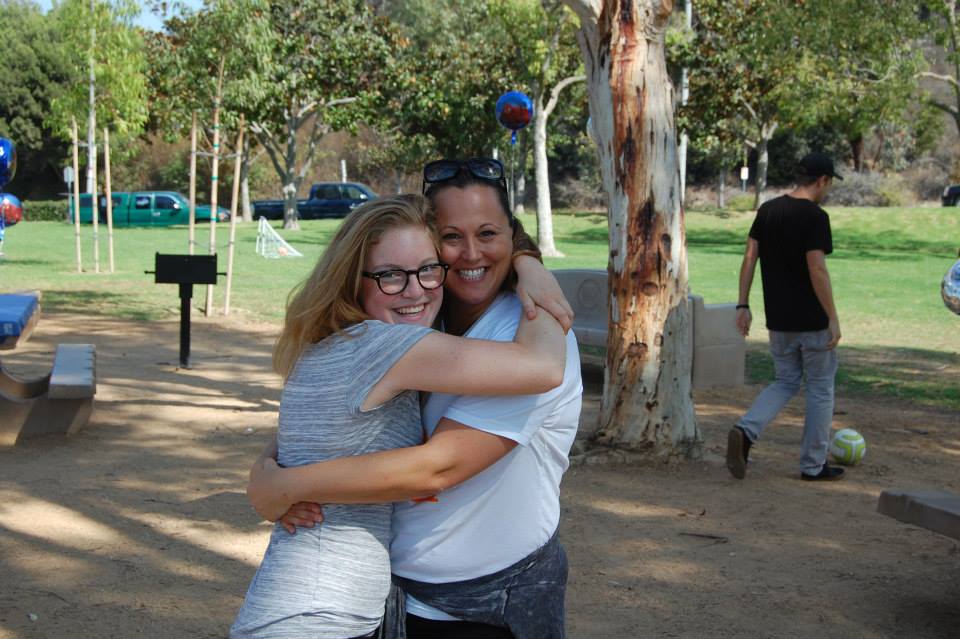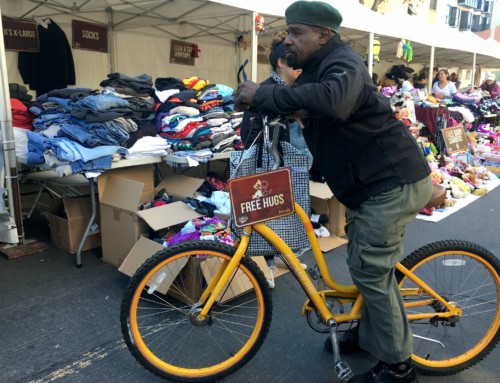
“Tell me and I forget, teach me and I may remember, involve me and I learn.” Benjamin Franklin
January is National Mentoring Month. In the for-profit space, finding a mentor is always the first piece advice people give. Someone to mold your career, to make potential life-changing introductions, and share advice from their hard earned lessons.
But mentorship is equally important in the humanitarian sector. In fact, many different organizations across multiple disciplines focus on mentoring programs as key force in creating long lasting change.

And we are just scratching the surface of the benefits a healthy mentor relationship can have. According to MENTOR: The National Mentoring Partnership, youth who are paired with a mentor and/or positive role model are:
- 55% more likely to enroll in college
- 78% more likely to volunteer
- 46% less likely then their peers to start using illegal drugs
- 27% less likely to start drinking
- Recent data even suggests that every dollar invested in quality youth mentoring programs yields a $3 return in benefits to society
And the positive impact mentors have is not limited to at risk youth. The benefits of mentor programs apply to kids dealing with a loved one diagnosed with cancer, sex trafficking survivors rebuilding a new life, small villages working to become autonomous, camps for kids with special needs, and farming communities working to provide for themselves and their community. Every day, people are making a difference simply by sharing their time and advice.

Walk With Sally

Two Wings:

Grow Appalachia:
Grow Appalachia, founded by philanthropist and entrepreneur John Paul DeJoria, focuses on helping Appalachian families grow as much of their own food as possible through logistical + technical support, education, providing tools/other resources, building relationships between site coordinators + participants and participants +participants. Since 2009, Grow Appalachia has helped families grow more than 2 million pounds of organically grown produce.
Grow Appalachia partner, Appalachian Sustainable Development, is making tangible impact through working with special needs high school students. Michelle, a recently hired garden assistant, has witnessed first-hand the sheer influence of positive behavior and role models.
“One of my favorite groups to work with is the Abingdon High School Special Needs Class. I never thought about what happens when these young people with special needs graduate from high school. A few will go on to college and get jobs, but some will simply stay home due to their limitations, essentially becoming prisoners. Deni [Appalachian Sustainable Development site coordinator] has crafted a program that promotes growth beyond the classroom not only mentally, but physically as well. Gardening gives these children the opportunity to discover their own talents that would otherwise remain hidden in a traditional classroom. This program also allows the students to go to the Farmers Market and sell the produce they harvest on Tuesday mornings to raise money for the Special Olympics and educational support for the program; all while learning to interact with the general public, learning to count money, and learning to make change…When these students graduate from high school, most will be able to manage a garden of their own and reap the benefits of a harvest, but all of them will leave with a greater awareness of their own abilities and a greater sense of pride. I am excited to see what good things unfold for our students and their families!”

Surge For Water:
As part of their program, Surge For Water goes into a community and works with locals to resolve their own water and sanitation issues. They prioritized working with and involving the entire community in a mentor-type relationship, rather than coming in and simply building everything themselves. The Surge team believes that in order to make a significant, transformational difference, they must gain deep insight to the inner workings of each community, allowing them to more clearly understand the issues and work with community members to find the right sustainable water and sanitation solutions. Given their projects are community-driven, the locals have a significant stake throughout the process. This ownership and the relationships that are fostered are important elements to ensuring the success of their programs.

PALS Program:

















Leave A Comment